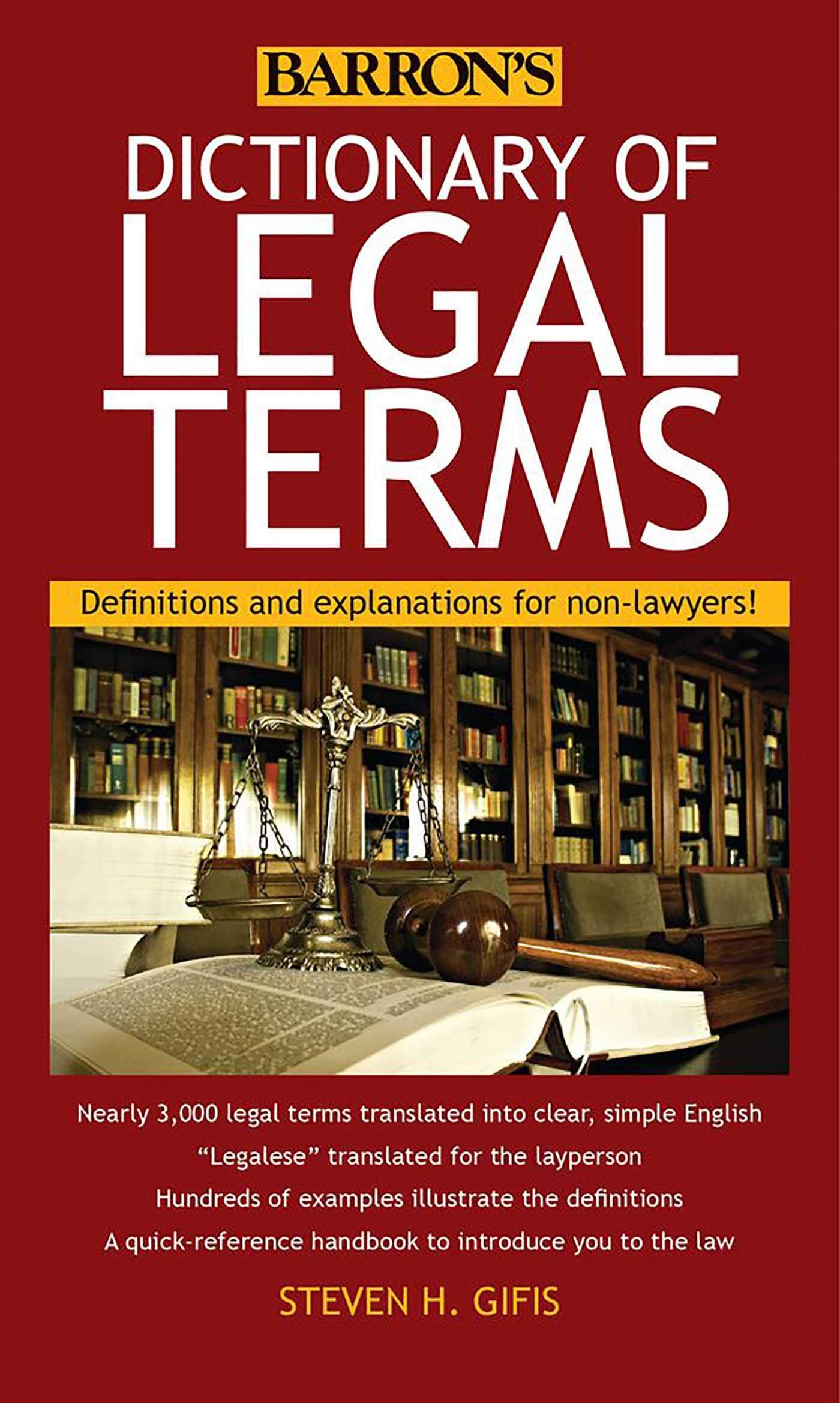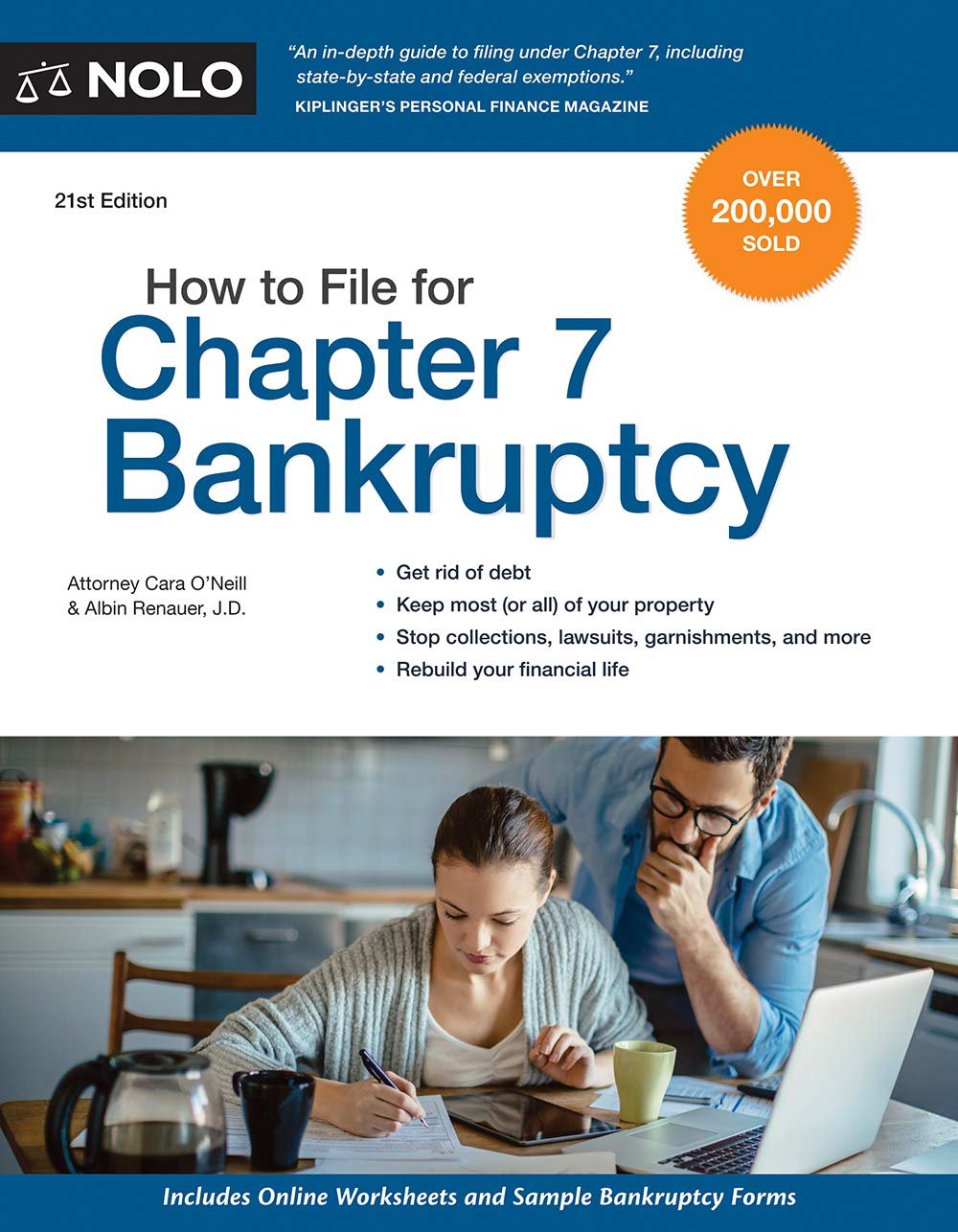Legal English is a specialized form of English used in the legal profession.
It incorporates specific terms, phrases, and concepts that help lawyers communicate effectively with clients, the court, and other legal professionals.
For lawyers, having a strong grasp of legal English is crucial for drafting documents, arguing cases, and understanding laws.
The right reference books can make a significant difference in mastering this language and improving your legal writing.
When selecting a legal English reference book, consider factors like the book’s focus, the clarity of explanations, and how user-friendly it is.
Some books target specific areas of law, while others may provide broader coverage.
Look for books that not only define terms but also provide examples of usage in context.
You want a resource that fits your needs, whether you’re a law student, a new attorney, or someone seasoned in practice.
These books offer invaluable support in everyday legal tasks.
With the right reference book at your side, you’ll find it easier to navigate the complexities of legal language and improve your communication skills.
Now, let’s look at the best seven legal English reference books that can help you in your legal journey.
Best Legal English Reference Books for Lawyers
If you’re a lawyer looking to sharpen your legal English skills, you’ve come to the right place.
Check out this list of the best reference books that will help you navigate the legal landscape with confidence and clarity.
Legal Terms Dictionary
This dictionary is a great resource for those who need to understand legal jargon without getting lost in complex terms.
- Covers a wide range of legal terms.
- Definitions are clear and straightforward.
- Handy size makes it easy to keep on your desk.
- Some users may find it too basic for advanced legal work.
- Limited examples for certain terms.
- A few readers wish for more depth on complex concepts.
You will find this dictionary very useful if you want a quick reference for legal terms.
With 656 pages, it’s packed with information yet remains easy to use.
Many users appreciate how it clarifies terms that often confuse non-lawyers.
The book is lightweight and has a friendly layout.
This makes it perfect for on-the-go use or keeping at your desk.
Readers have noted that they could find almost every term they were searching for, which shows its comprehensive nature.
Some users have pointed out that while it’s an excellent start, those who need in-depth explanations for more complicated topics might need additional resources.
Overall, this dictionary strikes a balance between being user-friendly and informative.
Winning Strategies for Women in Divorce
If you’re navigating a divorce and custody issues, this book could be a helpful guide for you.
- Organized layout makes it easy to find information.
- Offers real insights from judges and lawyers.
- Helps prepare you for court and future challenges.
- Some information may feel familiar if you have prior knowledge.
- Focuses mainly on women’s perspectives, which might not suit everyone’s needs.
- A few readers wished they had it earlier in their process.
This book provides useful tips and strategies specifically for women facing divorce with children.
The insights from experienced judges and lawyers can make a real difference in how you prepare for court and understand your rights.
Many readers praise the organized structure, which allows you to easily find important topics.
It’s written in a way that feels supportive and straightforward, making it approachable for anyone who is feeling overwhelmed.
The personal stories shared within the book help highlight real scenarios that others have faced.
However, not every piece of information will be new to everyone.
Some readers mentioned they might have benefited from it sooner.
If you’re starting your journey, this could be a resource to consider carefully.
Essential Legal English Guide
This book is a solid choice if you’re looking to improve your legal English skills.
- Easy to understand for non-native speakers.
- Covers a wide range of legal terminology.
- Includes practical examples for clarity.
- May not go into deep detail on complex topics.
- Some sections can feel basic for experienced lawyers.
- Limited interactive exercises available.
This guide offers a straightforward approach to learning legal English.
It’s perfect for those who want to become comfortable with legal terms without feeling overwhelmed.
You’ll find that the language used is quite clear, which helps in grasping important concepts.
Another great feature is the practical examples included throughout the book.
They help you see how to use terms in real-life situations.
This makes it easier to connect theory with practice, making your learning journey smoother.
While it’s an excellent resource, it might feel too basic if you have a lot of experience in legal fields.
Also, the depth of complex topics can be limited.
Still, for anyone looking to bolster their understanding of legal English, this book is a practical pick.
Pre-Law Survival Guide
This book is a solid choice for anyone thinking about law school, offering practical tips that can save you time and stress.
- Offers practical advice for managing student loans and finances.
- Provides insights into law school life that can prepare you for the journey ahead.
- Easy to read and straightforward, making it accessible for everyone.
- Some readers may find the advice too basic if they already have law school experience.
- Might not cover every topic in depth, leaving some questions unanswered.
- Focuses primarily on pre-law considerations, rather than post-law school guidance.
The Pre-Law Survival Guide offers valuable insights for future law students.
It dives into topics like balancing student loans and future income, which can be crucial for your financial planning.
Readers appreciate its straightforward style.
Many find it helpful to have practical tips laid out clearly.
This allows you to focus on what really matters without feeling overwhelmed.
Some might wish for more detailed coverage on certain topics.
If you’re already familiar with law school, some information may come off as too basic.
The book shines mainly for those at the start of their legal journey.
Overall, it’s a great resource for those considering taking the plunge into law school.
How to File for Chapter 7 Bankruptcy
This book is a great resource for anyone considering bankruptcy without an attorney.
- Easy-to-understand guide for filing bankruptcy.
- Comprehensive information on bankruptcy processes.
- Affordable alternative to hiring a lawyer.
- Can be overwhelming with technical details.
- Some readers felt it was safer to still hire an attorney.
- May not cover all personal situations fully.
Filing for Chapter 7 bankruptcy can feel confusing, but this book breaks it down step by step.
It offers clear guidelines to help you understand what to expect, which can be very helpful during a stressful time.
Many readers appreciate the straightforward advice provided throughout the pages.
It covers essential topics and outlines the paperwork you need to file effectively.
Nevertheless, some users found the content a bit complex.
If you’re not comfortable handling legal paperwork on your own, you might end up feeling uncertain.
This is an important consideration if you’re working through personal financial issues.
Buying Guide
When choosing a legal English reference book, consider these key features:
| Feature | Why It’s Important |
|---|---|
| Clarity | Look for books that explain terms simply. You want easy-to-understand language. |
| Relevance | Make sure the book covers areas you deal with in your work. Focus on topics that matter to you. |
| Format | Decide if you prefer a physical book or an e-book. E-books can be handy for on-the-go use. |
| Examples | Books with real-life examples can help you grasp complex concepts better. |
| Reviews | Check reviews from other lawyers. Their experiences can guide you in making a choice. |
Think about your level of expertise too.
Some books cater to beginners, while others suit experienced lawyers.
Compare prices before making a purchase.
A higher price doesn’t always mean better quality.
Also, consider additional resources.
Some books come with online materials or practice exercises that can enhance your learning.
Finally, think about how often you’ll use the book.
Choose one that you’ll find handy in your daily practice.
Frequently Asked Questions
You might have some common questions about legal English and the reading habits of lawyers.
Here are some answers that can help you understand better.
What writing style is commonly used by lawyers?
Lawyers often use a formal and precise writing style.
They focus on clarity to ensure that their arguments and documents are easy to understand.
Legal writing is typically straightforward, avoiding overly complex language.
How can I read law books more efficiently?
To read law books efficiently, start by skimming the table of contents and introduction.
Focus on key sections and take notes as you go.
Use highlighters or sticky notes to mark important points that you might need to revisit later.
Is it true that lawyers have a heavy amount of reading?
Yes, lawyers do a lot of reading.
They often need to review case law, statutes, and legal articles.
This heavy reading helps them prepare for cases and stay updated with any changes in the law.
Can you give me an overview of what content law books usually contain?
Law books usually cover topics like contracts, torts, evidence, and constitutional law.
They may include case studies, statutes, and explanations about legal concepts.
Many law books also provide examples to help illustrate complex ideas.
Where can I find legal reference eBooks for free download?
You can find free legal reference eBooks on websites like Google Books, Project Gutenberg, and Open Library.
Many universities also provide access to free online legal resources, which can be very helpful.
Are there any high-quality legal English books accessible in PDF format?
Yes, many high-quality legal English books are available in PDF format.
You can check platforms like ResearchGate or specific law school resources.
Just make sure you’re downloading from reputable sites to get accurate content.





